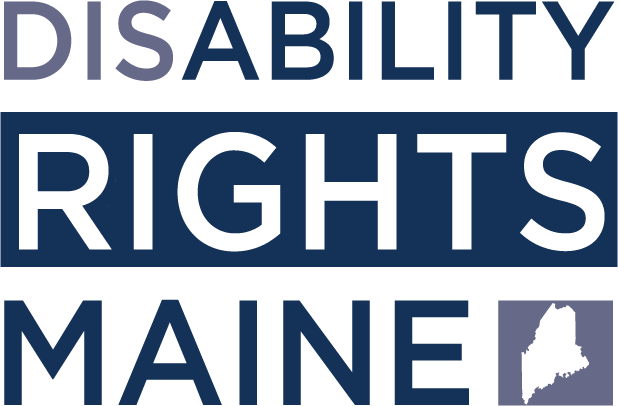Our Services
At Disability Rights Maine, our focus is on fighting to change systems, like laws, policies, and institutions, to improve conditions for all people with disabilities. We use careful case selection criteria to make decisions about the types of individual cases we can take based upon our priority areas, which are updated every year.
Because of DRM’s limited resources, we mostly take on cases that have implications for many people. That way, we can make a lasting difference for as many individuals as possible. If we cannot provide you with direct assistance, we will do our best to identify other agencies or information that may be able to assist you.
DRM’s services include:
Providing information and referral to people with disabilities and their families, and answering questions for other stakeholders.
Providing clients direct advocacy or legal representation when the issue falls within our priorities and agency resources.
Pursuing systemic advocacy solutions, including litigation, that can resolve big problems for many people.
Investigating allegations of abuse and neglect in facilities where people with disabilities live or receive services.
Monitoring conditions inside institutions.
Training people with disabilities and other stakeholders to know and advocate for their rights.
Engaging in public education and outreach.
Conducting legislative advocacy and educating policy makers.
Assisting with self-advocacy.
How Can We Help?
Contact us anytime. DRM wants to hear from you. Whether you’re looking for advocacy, have a question, or just want to connect, please reach out.
